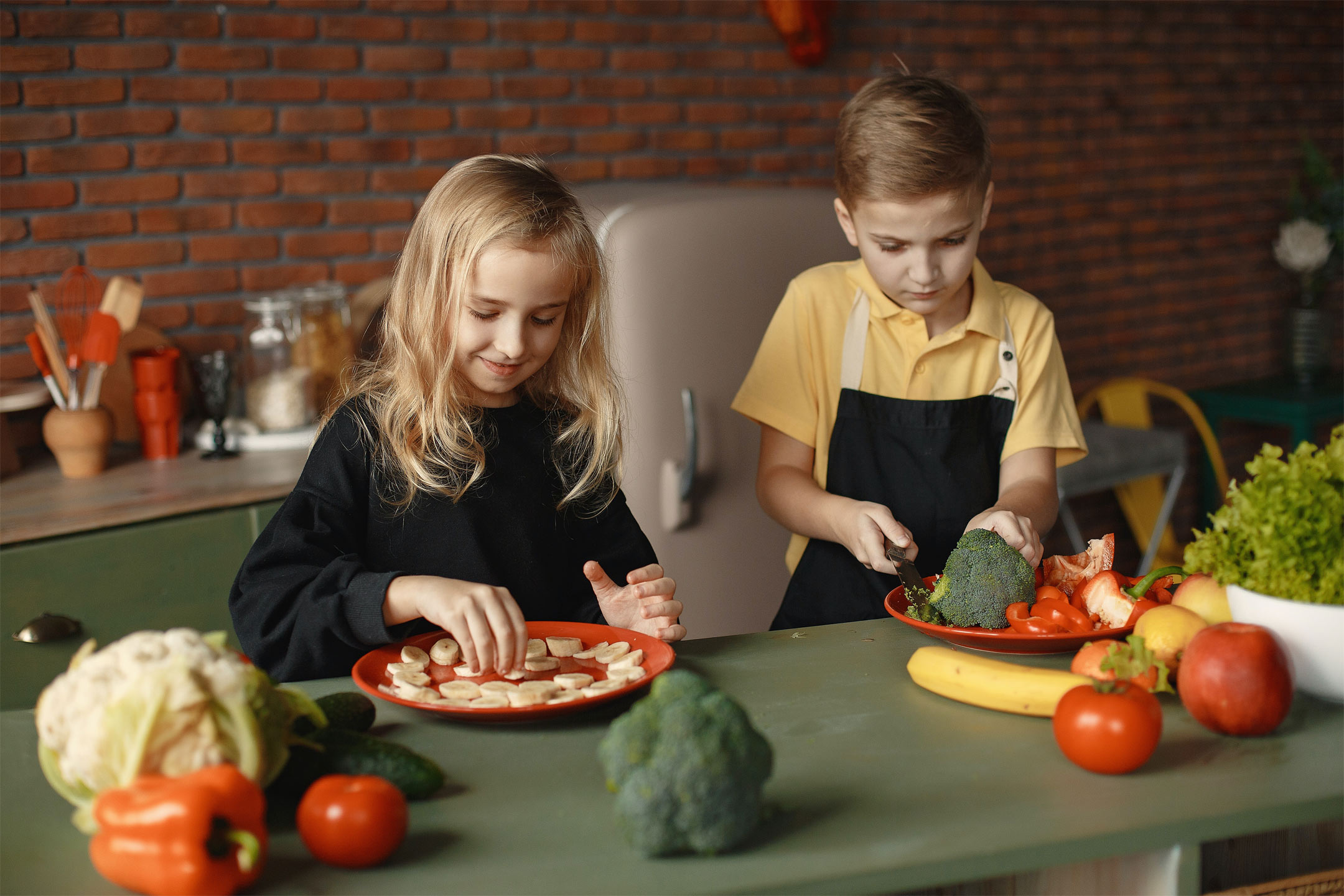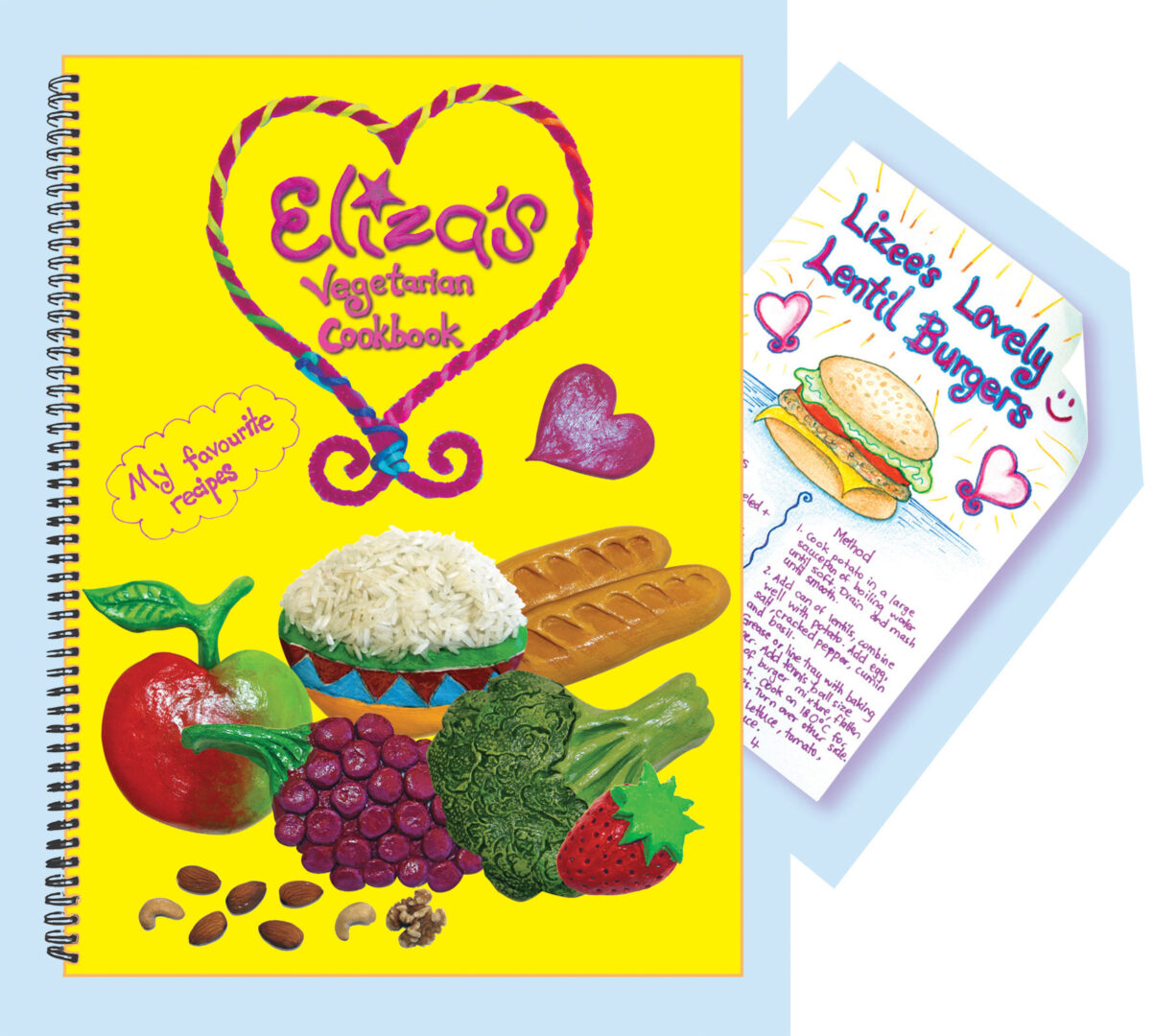
10 Jul Raising a Young Vegetarian: How One Family Adapted with Compassion and Curiosity
When Elizabeth Quinn’s daughter announced that she wanted to give up eating meat, mother and daughter explored how this could be part of a healthy lifestyle.
When Kids Lead with Values
It can be interesting for parents when their children begin to form their own independent views. We wonder where these ideas come from and, if we are sensible, will open our minds to the possibilities our children present to us. I’m the first to admit that my social conscience has been shaped largely by the informed views of my children, one of whom became a Buddhist at 14, and another, the inaugural Sustainability Representative for her year at school. (The third has so far remained conspicuously silent on matters of conscience, but being the oldest, he regards his role as that of rule-breaker rather than rule-maker.)
Setting Expectations and Boundaries
It came as no surprise, then, when my daughter, Eliza, recently announced that she wanted to become a vegetarian on ethical grounds. We had both watched with dismay a documentary on battery hens, resulting in a total ban on caged eggs at our place. I learned from her that cochineal was made from beetles, and since then have respected her request that no Colouring E120 should cross our threshold. These minor adjustments to our household supplies were easily made. Allowing my daughter to become a vegetarian at the age of 13 is another matter altogether.
After lengthy discussions with her home-economics teacher (a trusted ally who had helped to clear the way when my Buddhist son had expressed the same wish some years before), Eliza and I came to an agreement. If she could present me with a meal plan that demonstrated her knowledge of the food items and supplements that would be needed to replace meat products, and when she had finished her growth spurt, I would allow her to give up meat.
Making the Shift: Family Meals, Recipes and Compromise
I can thank the home economics teacher for the growth spurt idea, which is both sensible and open to interpretation. If necessary, I can extend the growth spurt by a few months while the household makes the necessary adjustments in terms of provisions and acceptable family meals. In the meantime, Eliza and I are compiling Eliza’s Vegetarian Cookbook, a collection of recipes that includes all the hits of our experimental vegetarian meals. ‘Lizee’s Lovely Lentilburgers’ have already found their way to the top of the Most Requested Meals list at our place – no mean feat when you are feeding four committed carnivores. Best of all, these recipes are simple enough for the average 13-year-old to prepare. As part of the deal, Eliza was required to prepare at least one vegetarian meal per week for the family. I may be an accommodating parent, but I can recognise an opportunity when I see one.
Finding Community Support and Resources
Eliza and I have explored the organic supermarket in our neighbourhood and have established a good relationship with the naturopath and chef there. They are considering our request to extend their free cooking classes to include school students at school-friendly times. We are negotiating to arrange a private tour of the supermarket, with a focus on vegetarian items and supplements. The naturopath has already won us over by advising us not to take tablets when fresh produce will suffice. We have both been able to draw on the staff’s knowledge for advice on items that were previously unknown to us. Royal quinoa, anyone?
Navigating Hidden Animal Products
For her part, Eliza is preparing herself for the day when she becomes a vegetarian by giving up ‘luxuries’ that contain animal products. The first and most pervasive of these is gelatine, which, I’m advised, is made from an assortment of animal parts. As a result of her research, Eliza has eliminated jelly beans, snakes and marshmallows from her diet. This was quite an effort in view of the fact that hot chocolate is her favourite drink – it’s never quite the same without those pink and white blobs fizzing and slowly disappearing in the foam on the top, but it’s a sacrifice she is happy to make.
The question of rennet in cheese is a slightly vexed one for us. Rennet is an animal product, but there is now a vegetarian alternative on the market. Eliza has discovered a mozzarella that doesn’t contain animal rennet, but it is more difficult to find a parmesan without it. There are one or two around, but they are hard to access and quite expensive. As with most family issues, compromise is often required. For now, she may have to settle for the cheaper Parmesan made with animal rennet. And, being the girl she is, she will do so without complaint. But she will have her eyes fixed on the goal she has set for herself and, with the support of her family, I have no doubt she will reach it. But not until after the growth spurt!
Illustration by Shannon Melville





